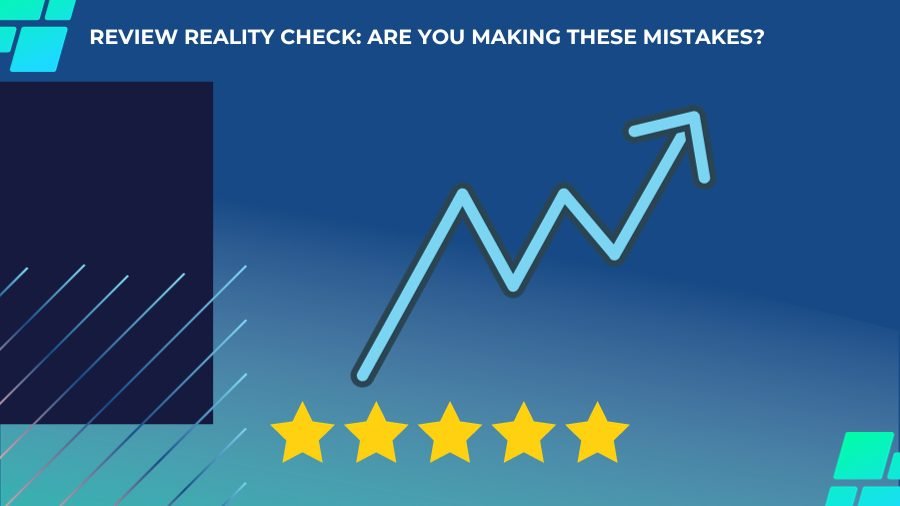1. Introduction
SEO is the backbone of online visibility. When done right, it can propel your website to the top of search engine rankings, attracting organic traffic and potential customers. However, many individuals and businesses fall into common traps that hinder their SEO efforts.
2. Neglecting Keyword Research
Keywords are the foundation of SEO. Failing to conduct thorough keyword research can lead to missed opportunities. Identify relevant keywords that align with your content and incorporate them strategically.
3. Ignoring Mobile Optimization
With the majority of internet traffic coming from mobile devices, ignoring mobile optimization is a grave mistake. Ensure your website is responsive and provides a seamless experience on smartphones and tablets.
4. Neglecting User Experience (UX)
User experience is a ranking factor that search engines consider. Slow-loading pages, cluttered layouts, and confusing navigation can deter visitors and hurt your rankings.
5. Overlooking the Power of Quality Content
Content is king. Low-quality, duplicate, or thin content can harm your SEO efforts. Focus on creating valuable, informative, and engaging content that resonates with your audience.
6. Neglecting Local SEO
For businesses with physical locations, local SEO is essential. Ensure your business is listed accurately on Google My Business, and encourage customer reviews.
7. Failing to Optimize for Voice Search
With the rise of voice-activated devices, optimizing for voice search is becoming crucial. Tailor your content to answer voice-based queries.
8. Ignoring Technical SEO
Technical SEO issues, such as broken links, slow loading times, and crawl errors, can negatively impact your rankings. Regularly audit and fix these issues.
9. Forgetting About Image Optimization
Images can enhance your content but can also slow down your website if not optimized. Compress images, add alt text, and use descriptive file names.
10. Not Utilizing Social Media
Social signals can influence SEO. Share your content on social media platforms to increase its reach and engagement.
11. Ignoring Analytics
Failing to analyze your website’s performance is a missed opportunity for improvement. Use tools like Google Analytics to track your progress and adjust your strategy accordingly.
12. Neglecting Link Building
Quality backlinks can boost your website’s authority. Collaborate with reputable websites and influencers to earn backlinks.
13. Not Focusing on Page Speed
Page speed is crucial for user experience and SEO. Optimize your website’s performance by minimizing code, optimizing images, and leveraging browser caching.
14. Ignoring On-Page SEO
On-page SEO elements, such as meta titles, meta descriptions, and header tags, are essential for search engines to understand your content’s relevance.
15. Conclusion
In the competitive world of SEO, avoiding these common mistakes is essential for success. Regularly audit your SEO strategy, stay updated with industry trends, and focus on providing value to your audience through high-quality content and a seamless user experience.
FAQs
- What is the importance of keyword research in SEO? Keyword research helps identify the terms and phrases your target audience is searching for, allowing you to optimize your content accordingly.
- How can I improve my website’s page speed? You can improve page speed by optimizing images, reducing code complexity, leveraging browser caching, and using content delivery networks (CDNs).
- Why is local SEO important for businesses? Local SEO helps businesses appear in local search results, making it easier for potential customers in their vicinity to find and visit their physical locations.
- What is the significance of user experience (UX) in SEO? User experience is a ranking factor that search engines consider. A positive UX can lead to lower bounce rates and higher rankings.
- How can I track the performance of my website? You can track your website’s performance using tools like Google Analytics, which provide insights into traffic, user behavior, and more.
Remember, the world of SEO is constantly evolving. Stay informed, adapt to changes, and avoid these common mistakes to improve your website’s search engine rankings.



